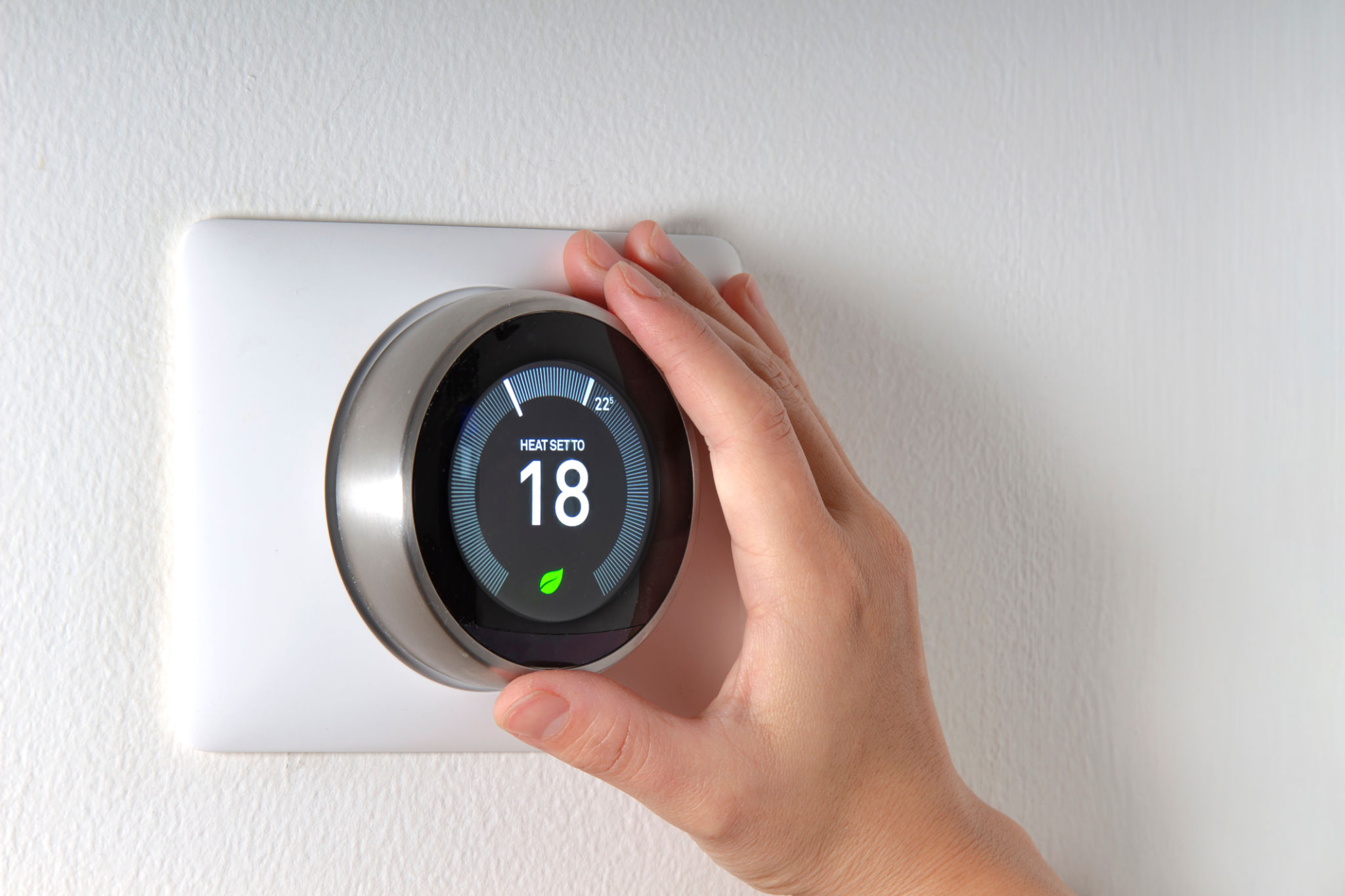Common Misconceptions About Smart Home Installations in Georgia
Understanding Smart Home Installations
As technology evolves, smart home installations are becoming increasingly popular, offering convenience, security, and energy efficiency. However, there are several misconceptions that can deter homeowners from embracing this innovative technology, especially in Georgia. In this post, we'll address some of these common misconceptions and provide clarity on what smart home installations truly entail.

Misconception 1: Smart Homes Are Only for Tech-Savvy Individuals
One prevalent misconception is that smart home installations are only suitable for those with a deep understanding of technology. In reality, modern smart home systems are designed with user-friendliness in mind. Many devices come with intuitive interfaces and step-by-step instructions, making them accessible to everyone, regardless of their technical expertise. Furthermore, professional installation services are available to ensure a seamless setup process.
Misconception 2: Smart Home Installations Are Incredibly Expensive
The cost of smart home installations can vary widely depending on the complexity and scale of the system. While it's true that comprehensive setups might require a significant investment, there are also many affordable options available. Homeowners can start small with individual devices like smart bulbs or thermostats and gradually expand their systems as their budget allows. Additionally, many smart devices can help reduce energy consumption, potentially leading to long-term savings on utility bills.

Misconception 3: Smart Homes Compromise Privacy
Privacy concerns are a significant factor for many when considering smart home technology. It's a common belief that these systems are vulnerable to hacking and data breaches. However, manufacturers prioritize security by implementing robust encryption methods and regular software updates to protect user data. Homeowners can enhance their privacy further by setting strong passwords and utilizing network security measures.
Misconception 4: Smart Homes Are Not Compatible with Older Homes
Another common myth is that smart home technology is only suitable for new construction or modern homes. In truth, smart devices can be integrated into homes of any age. Wireless technology enables easy installation without the need for extensive rewiring or renovations. Retrofitting older homes with smart technology can increase their value and functionality without compromising their character.

Misconception 5: Smart Home Devices Are Unreliable
Some people believe that smart home devices are prone to frequent malfunctions or connectivity issues. While no technology is entirely fault-free, the reliability of smart home devices has improved significantly over the years. Reputable brands offer high-quality products with warranties and excellent customer support. In addition, most connectivity issues can be resolved by ensuring strong Wi-Fi coverage throughout the home.
Conclusion
Smart home installations offer numerous benefits, but they are often misunderstood due to prevalent misconceptions. By addressing these misunderstandings, homeowners in Georgia can make informed decisions about incorporating smart technology into their lives. Embracing smart home solutions can lead to enhanced convenience, increased energy efficiency, and improved security, making them a worthwhile investment for any household.